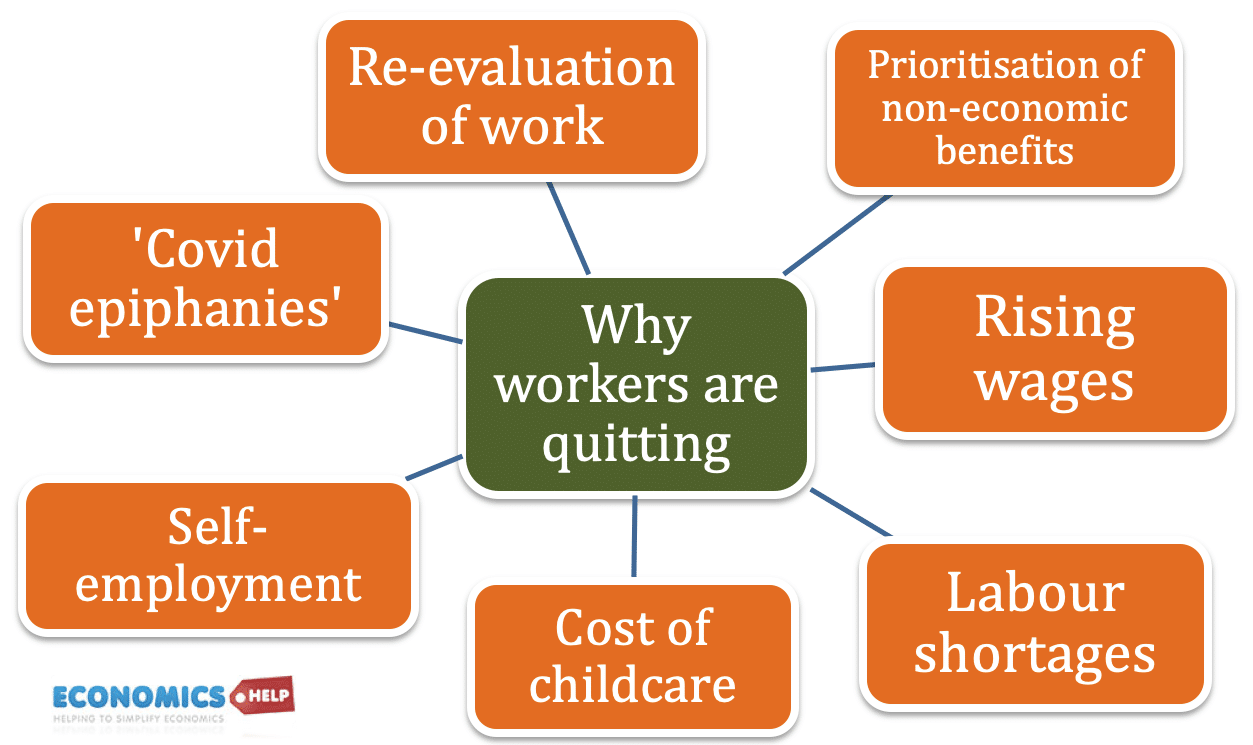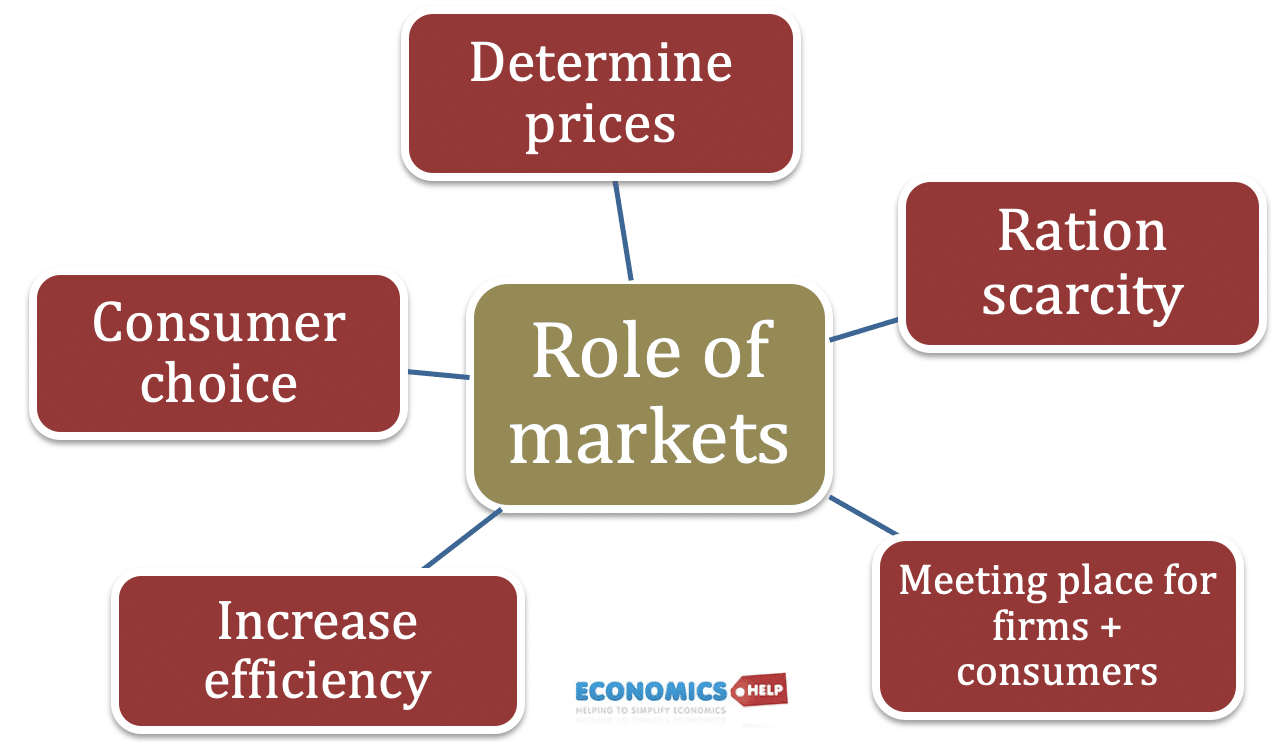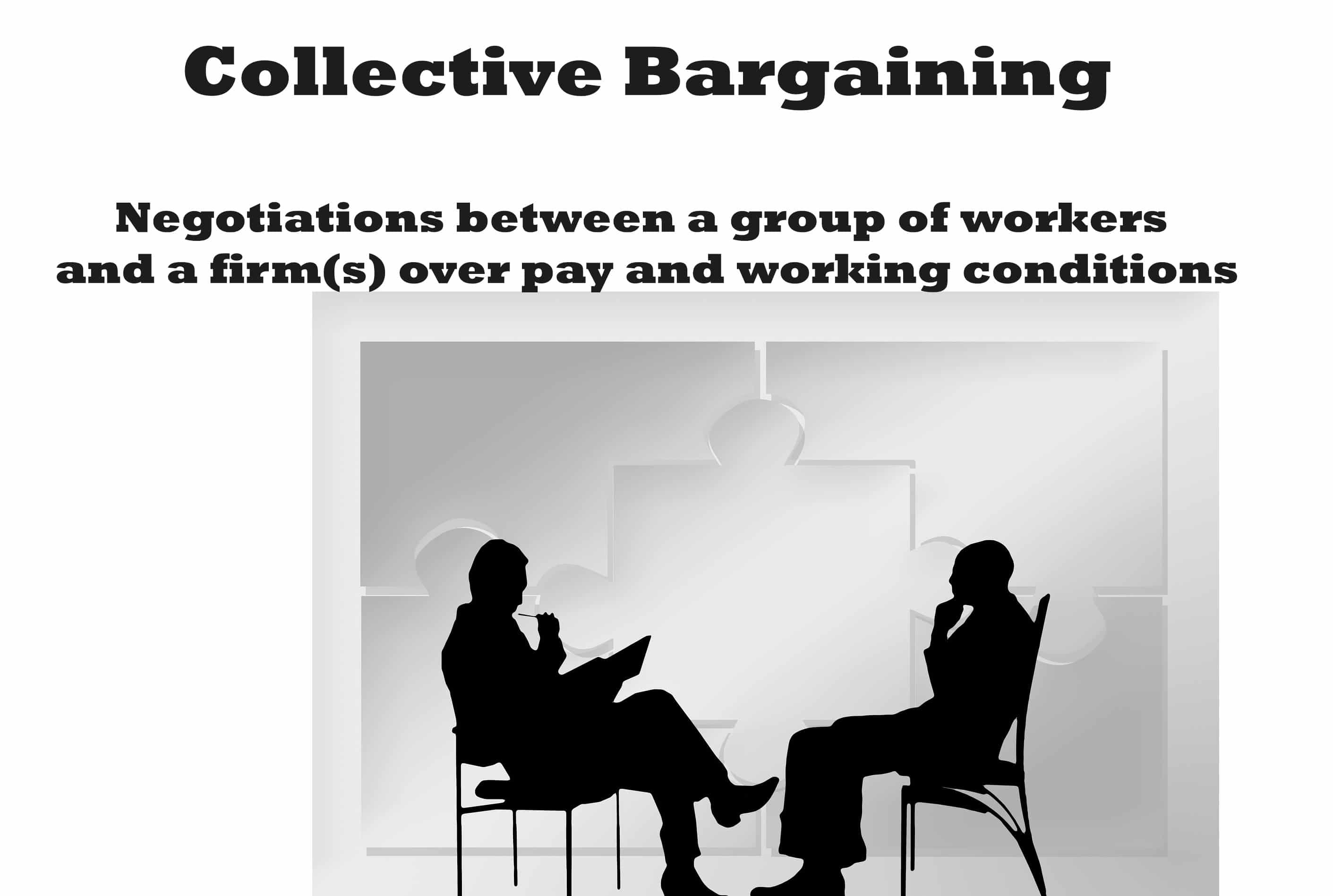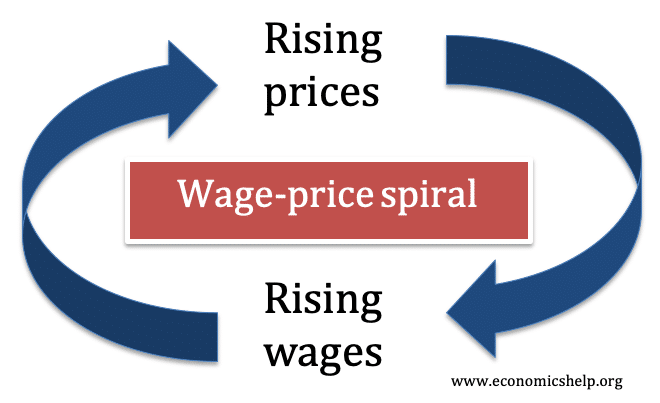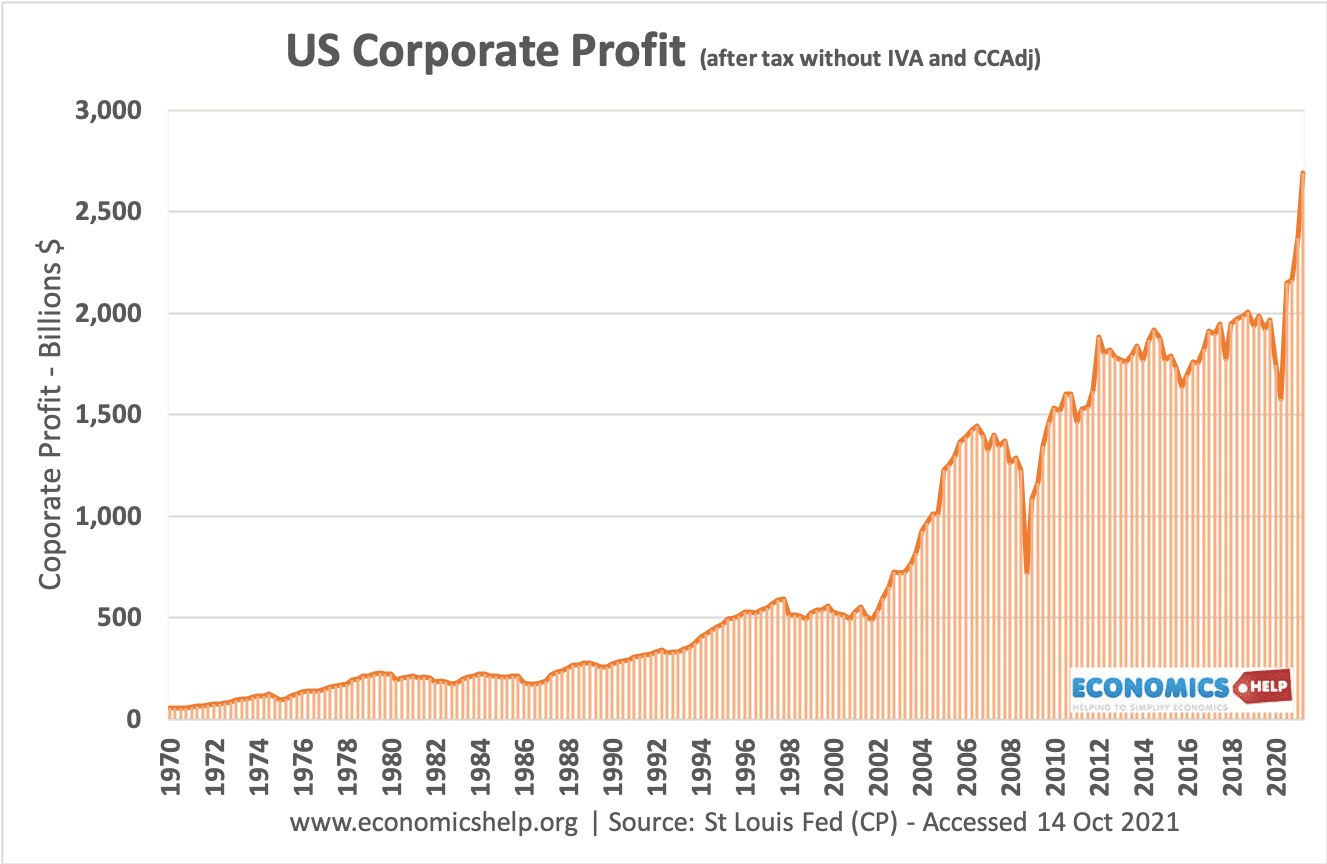Dutch Disease
The Dutch disease refers to the problems associated with a rapid increase in the production of raw materials (like oil and gas) causing a decline in other sectors of the economy. When the raw materials run out, the economy can be in a worse position than before. – Can the discovery of substantial raw materials …



